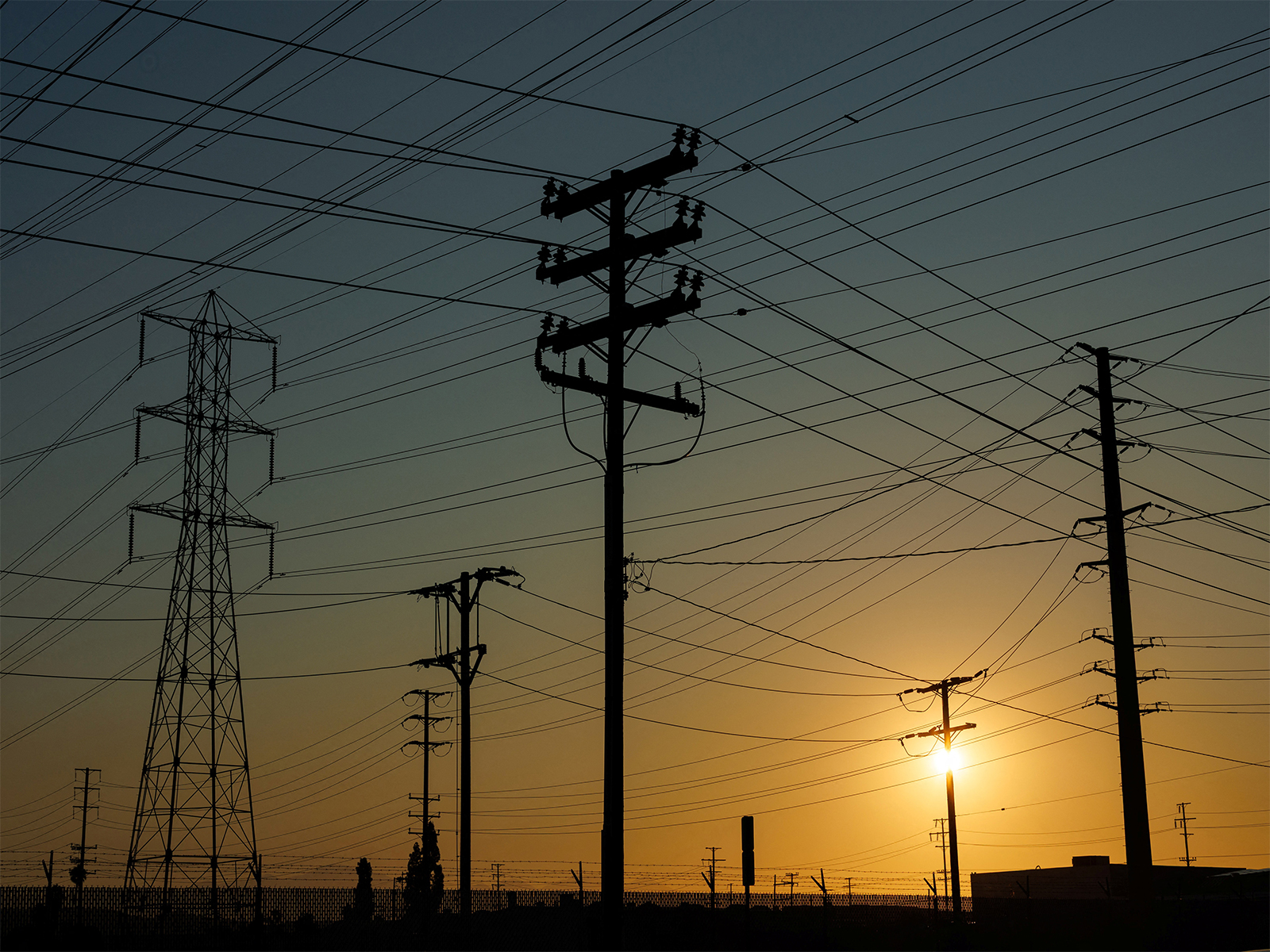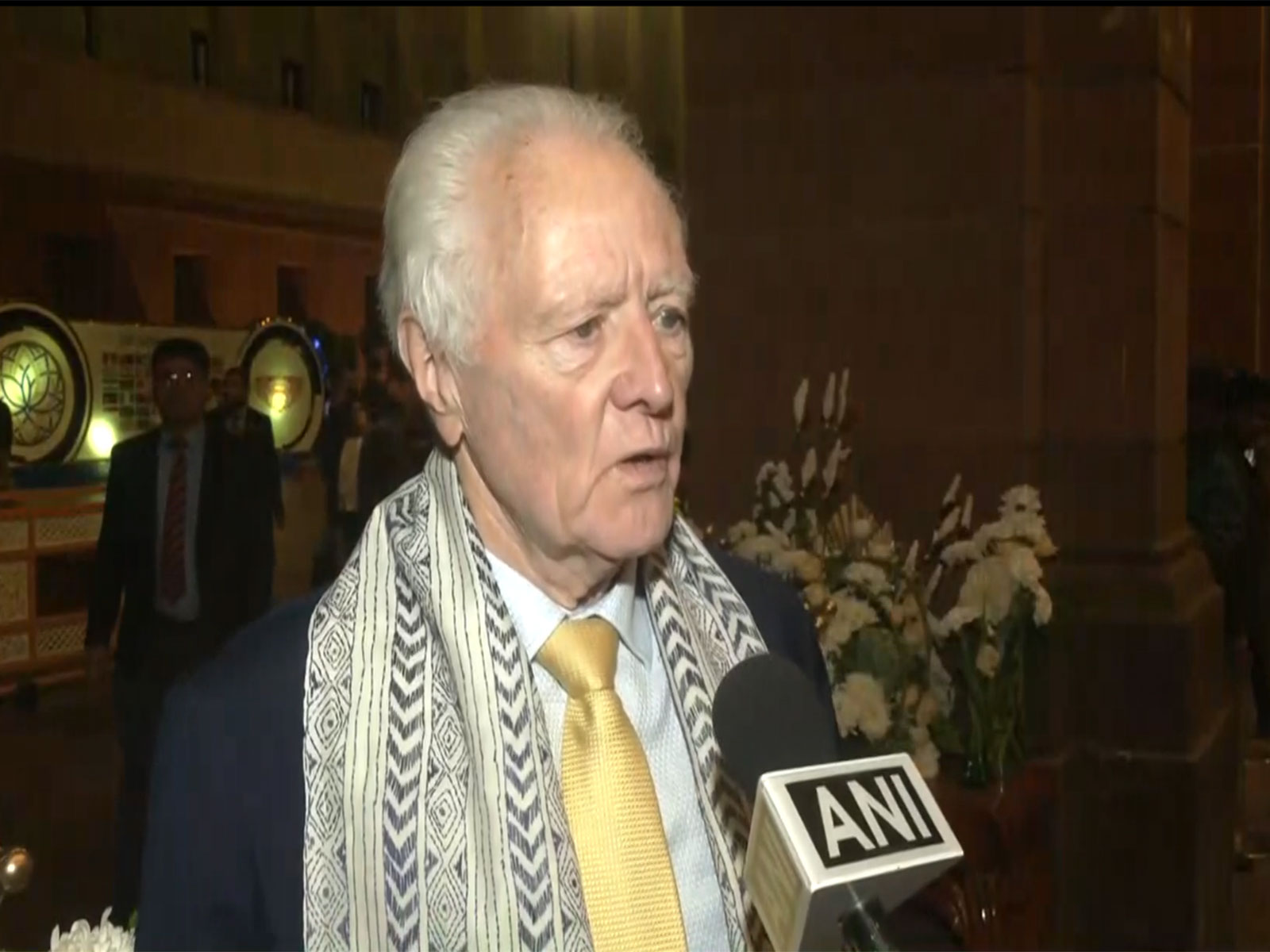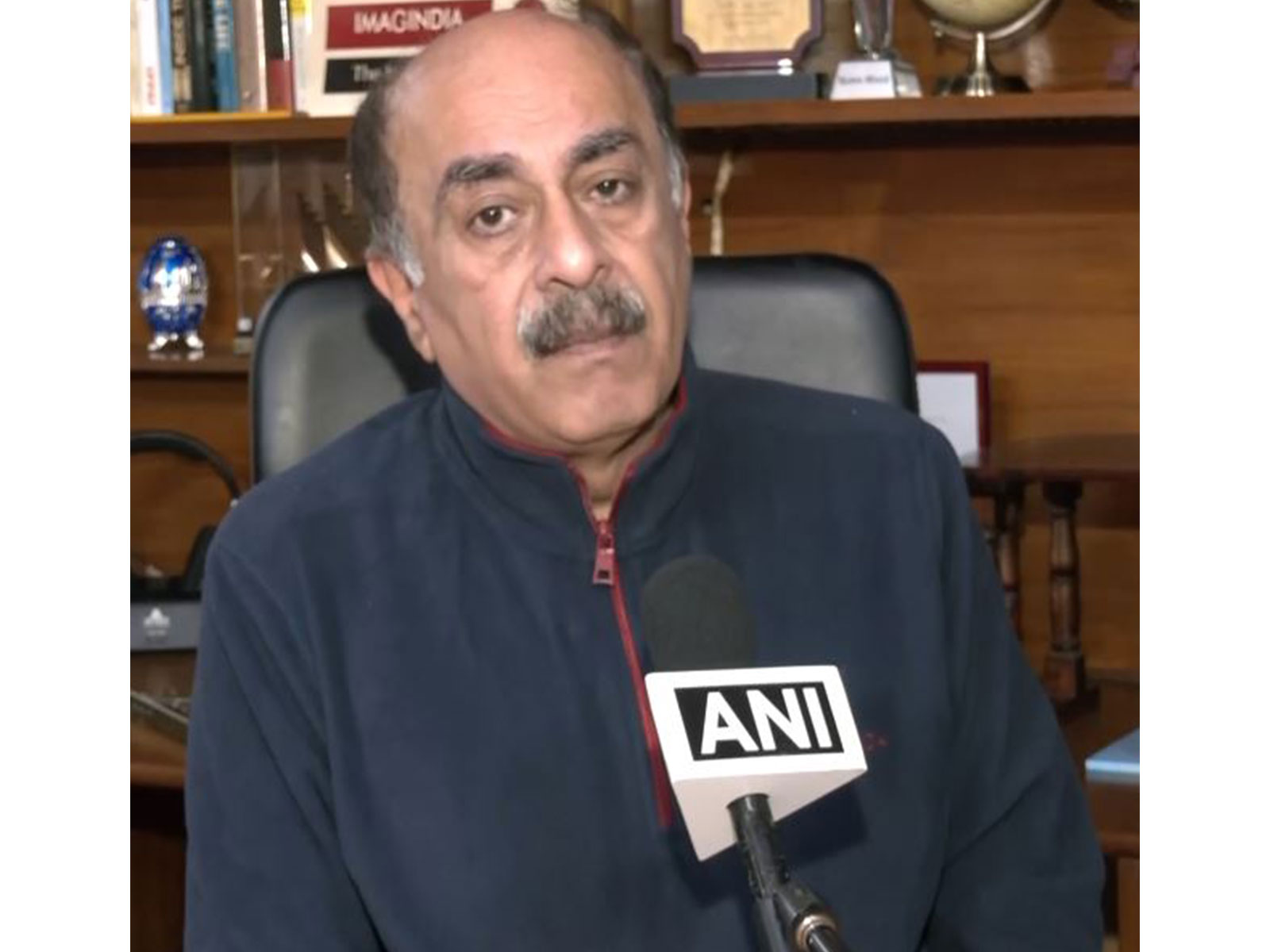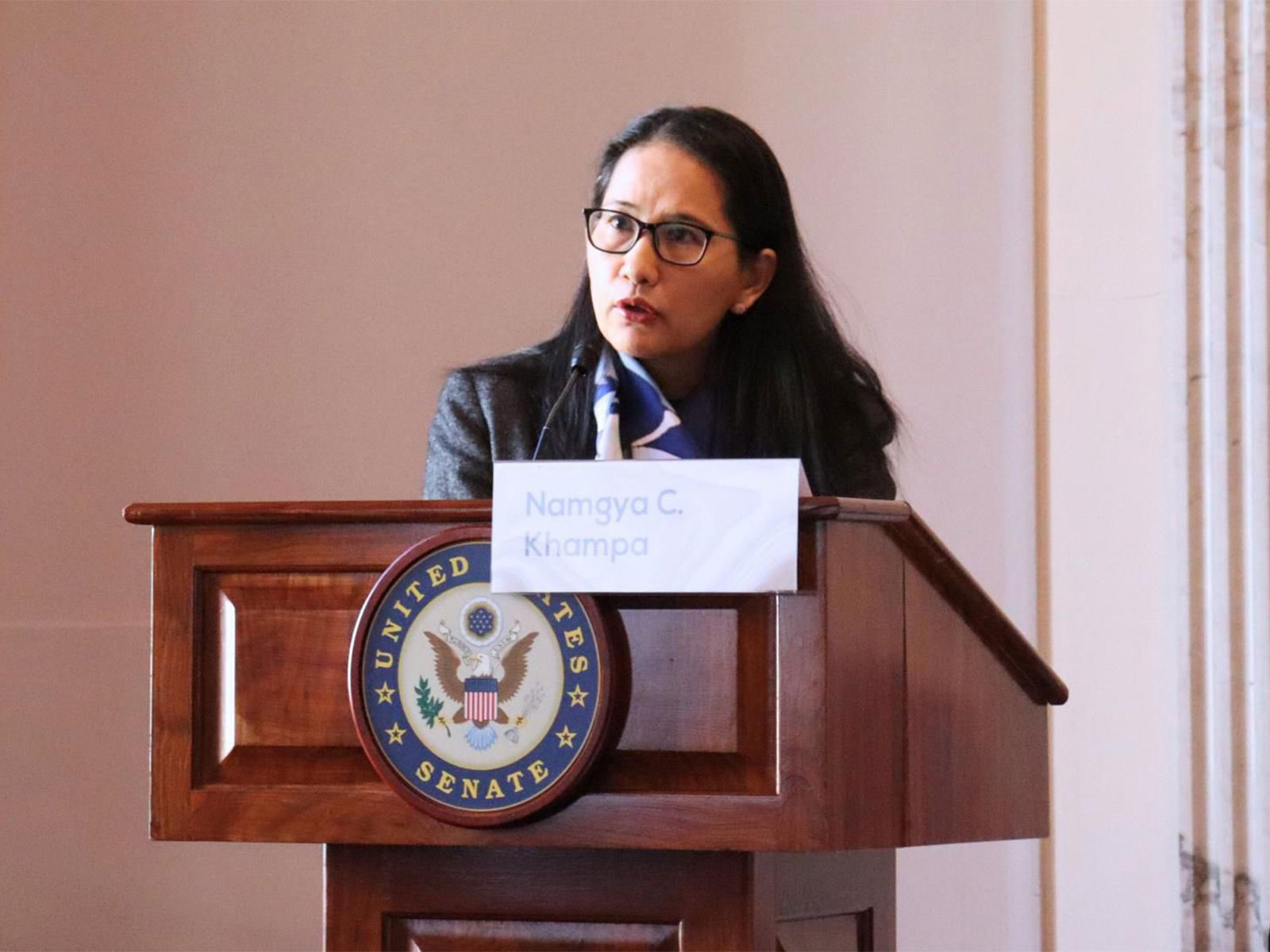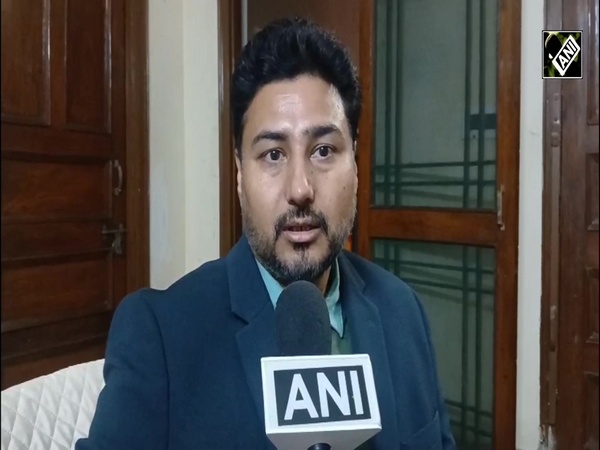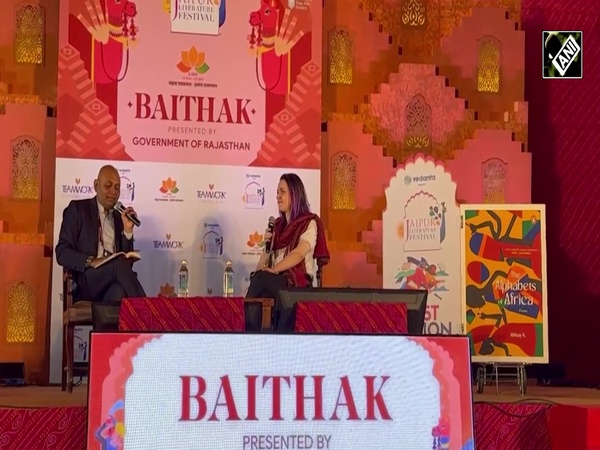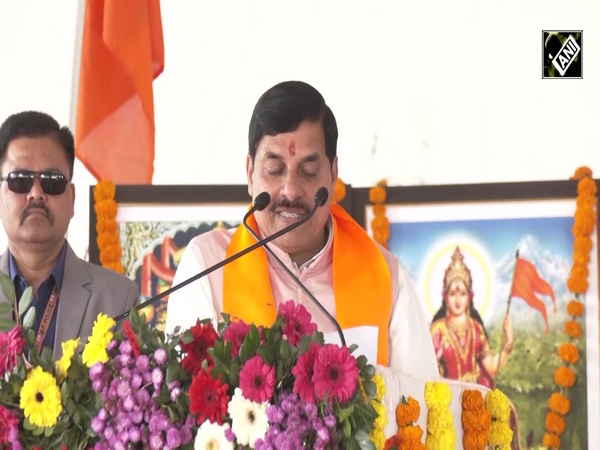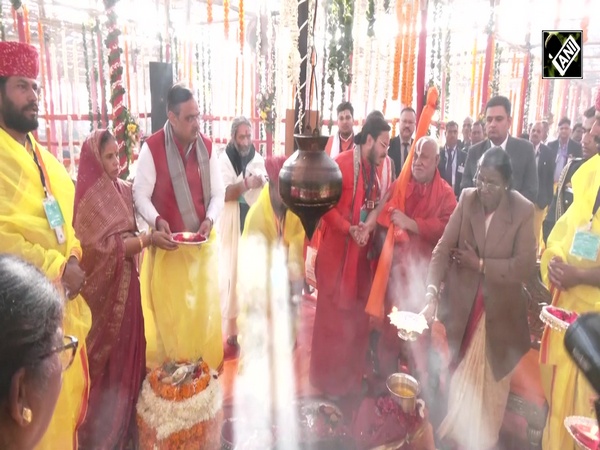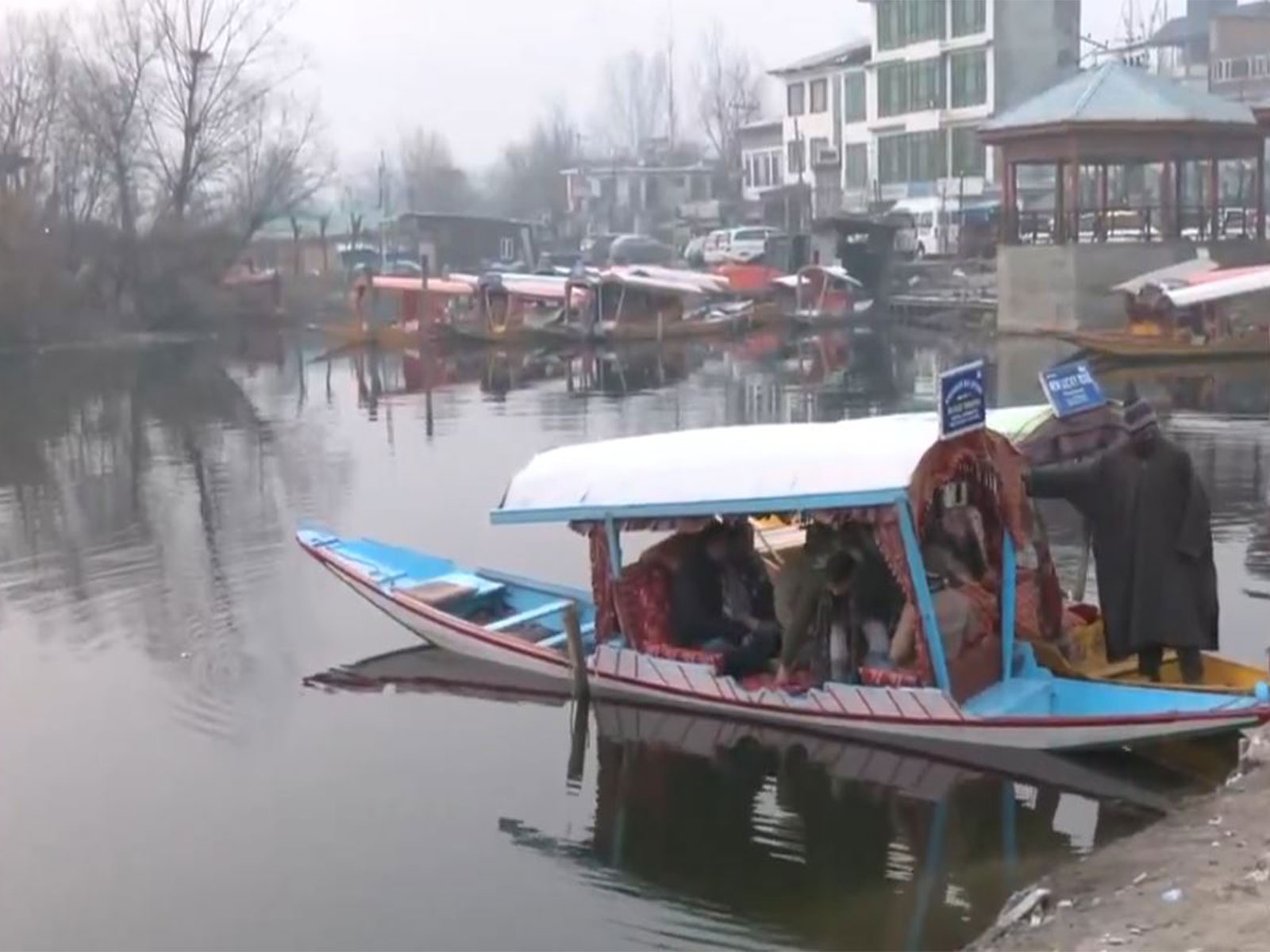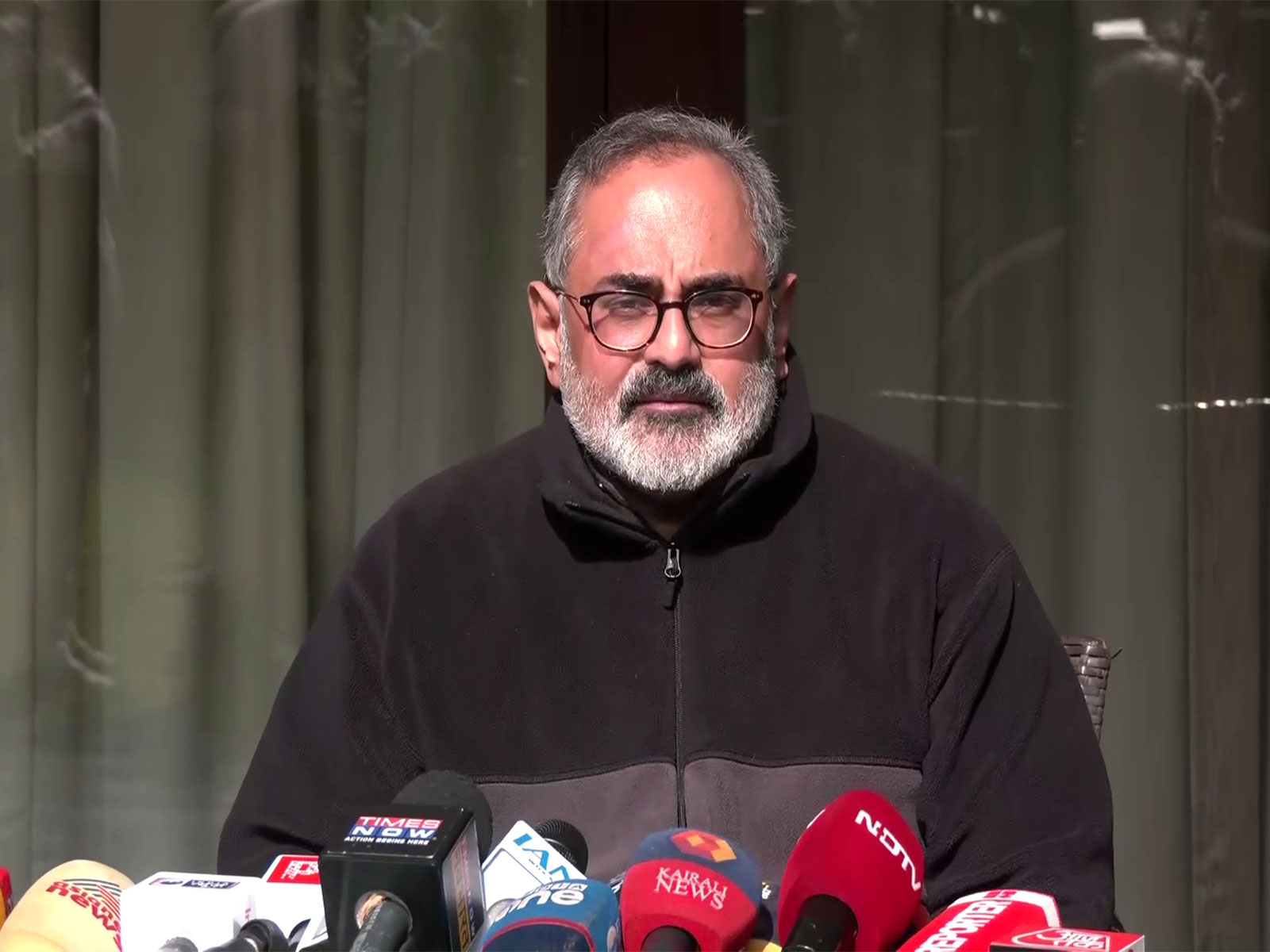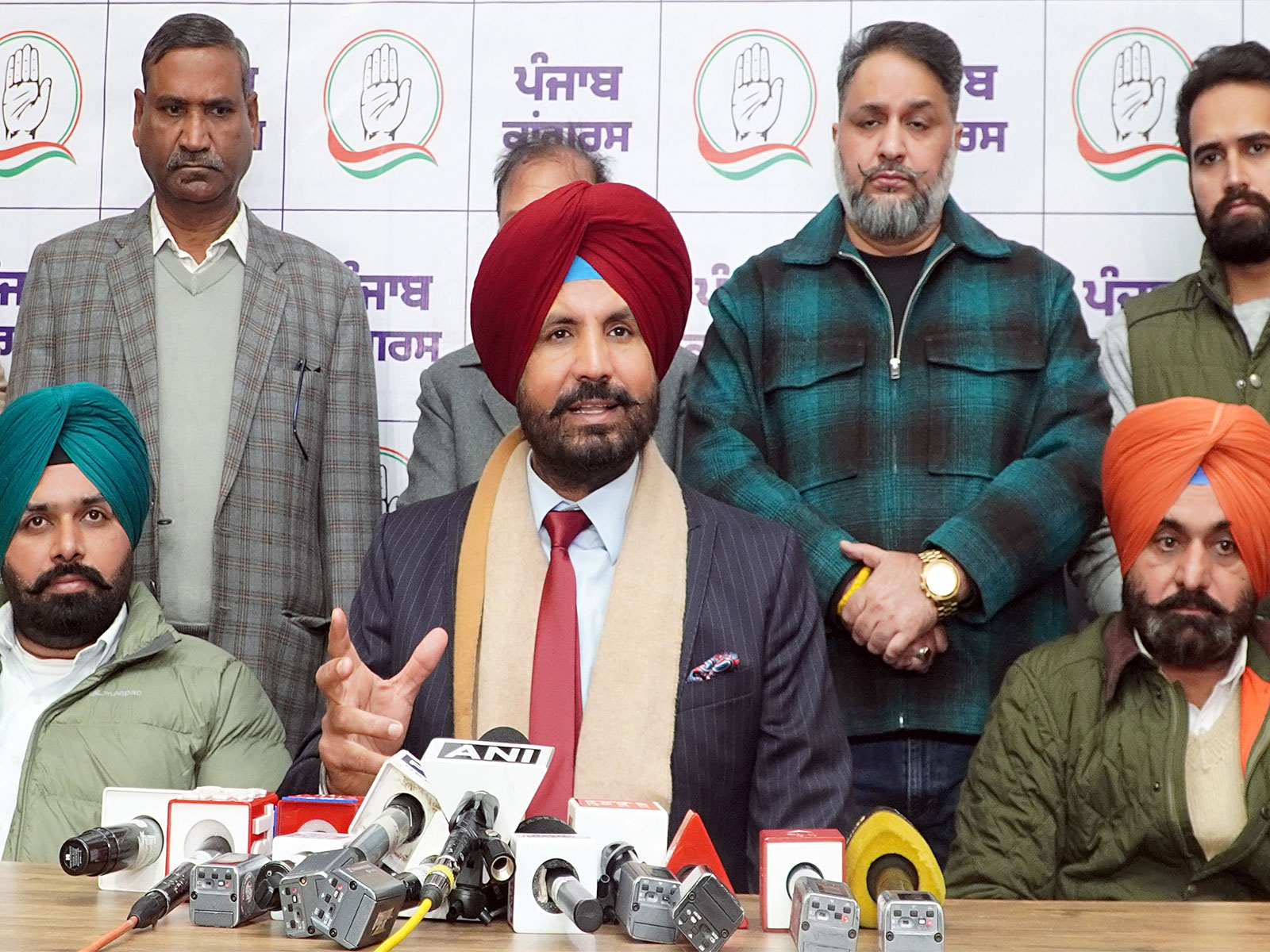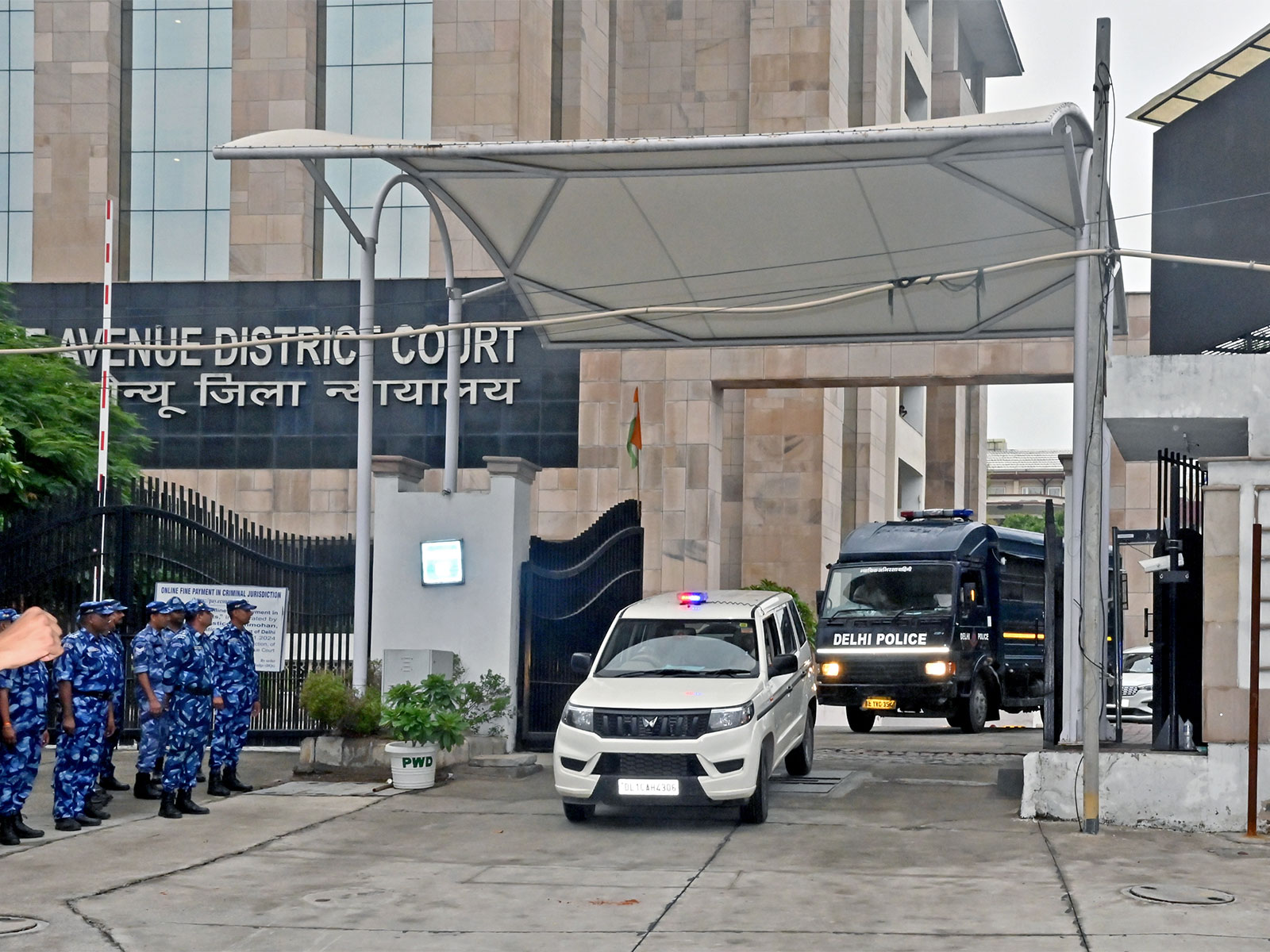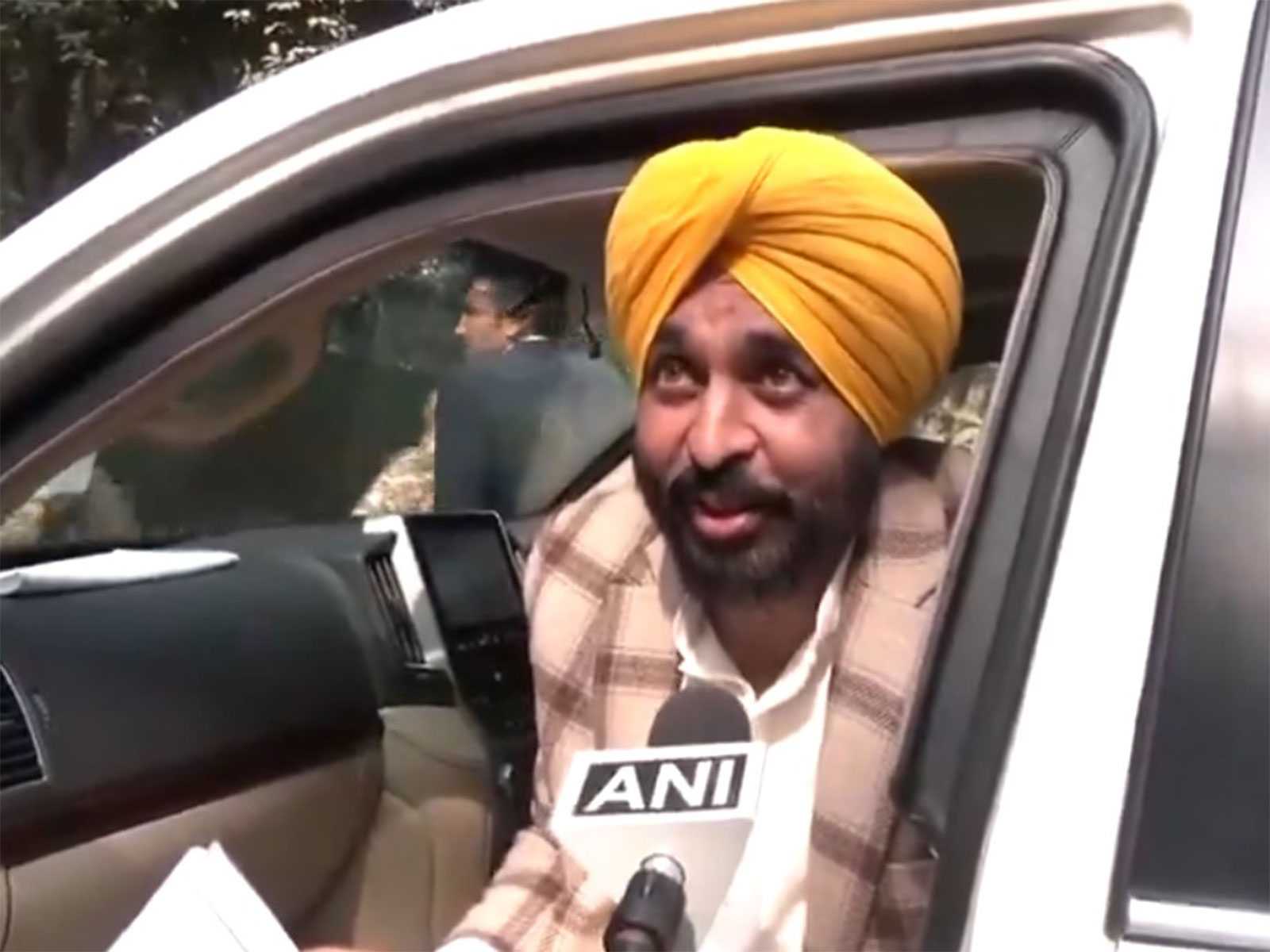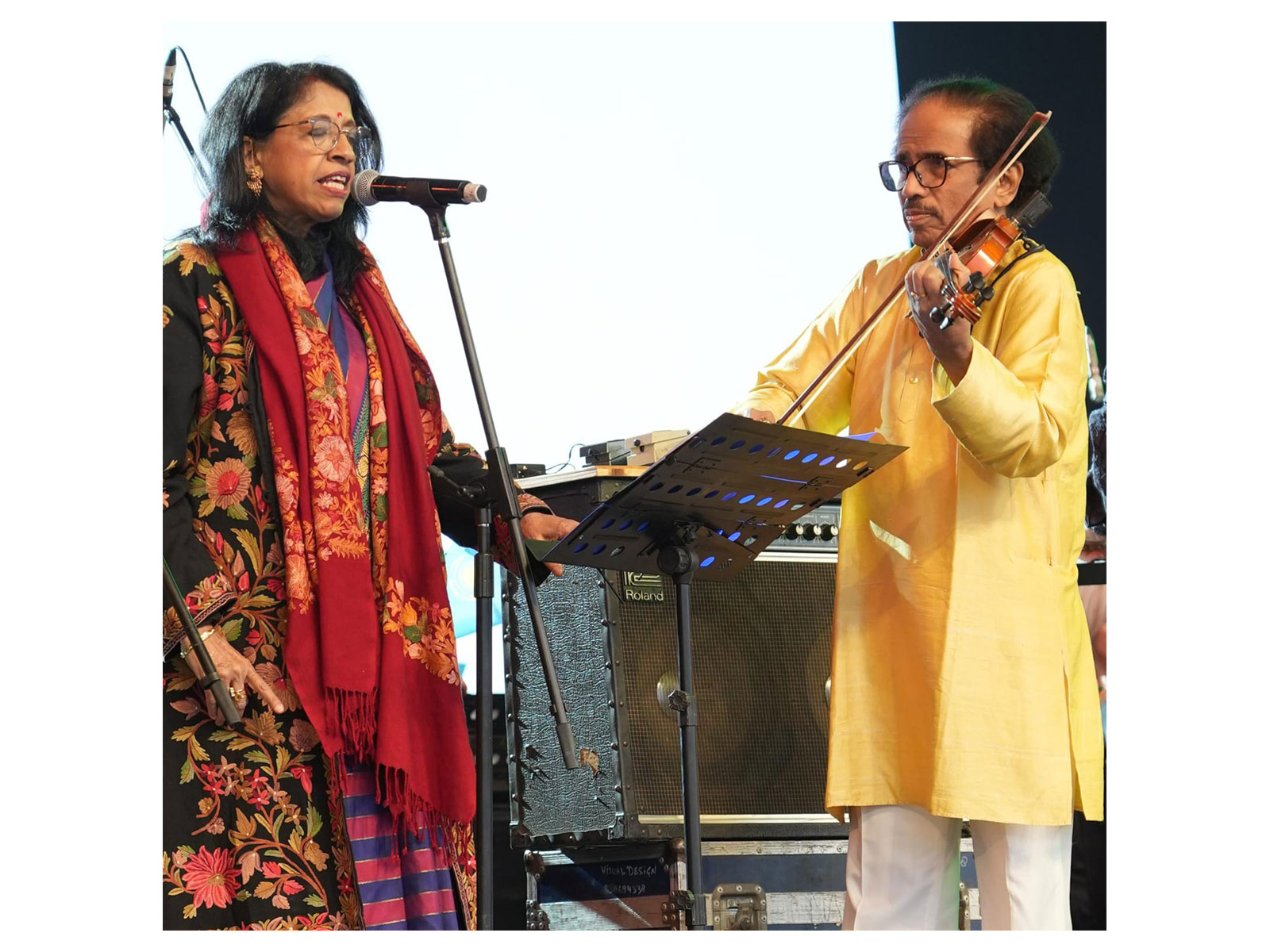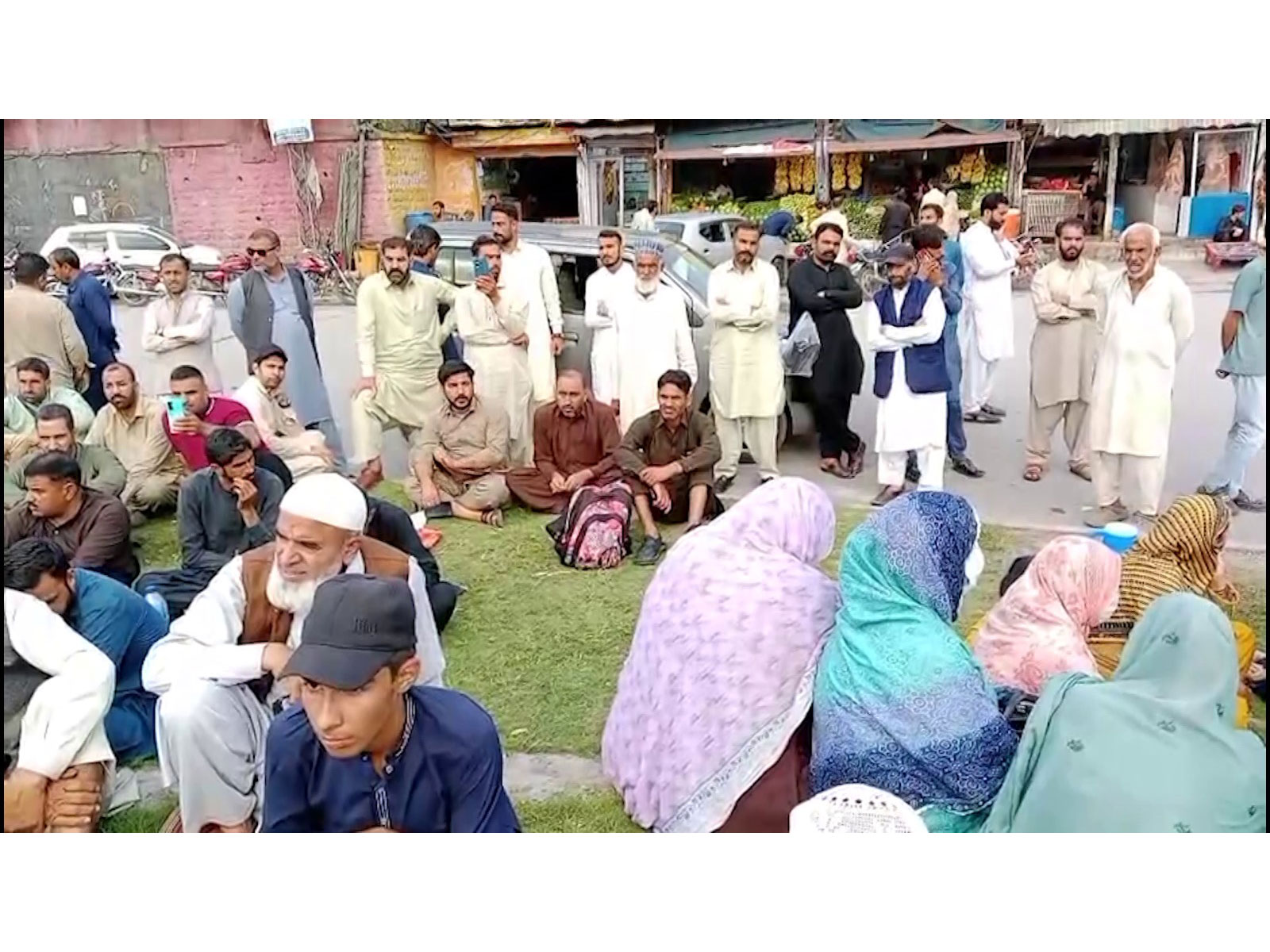
Ad-hoc employees in PoJK protest for permanent status, allege exploitation
Sep 16, 2025
Muzaffarabad [PoJK], September 16 : In Pakistan-occupied Jammu and Kashmir (PoJK), long-serving ad-hoc and contractual government employees have intensified their protests, demanding permanent employment status after decades of service.
They accused the authorities of exploitation, discrimination, and adopting double standards in recruitment policies.
A large group of employees from various government departments staged a sit-in protest outside the Central Press Club in Muzaffarabad, under the banner of the Save Employment Movement. Many of the protesters have been working on temporary contracts for over 10 to 30 years, yet remain without job security.
Mohd Sakna, a protester, expressed his frustration, saying, "This protest is our fight to save our jobs, our livelihoods, and our families. I have served for 16 years, yet the government continues to impose absurd and incomprehensible policies. New candidates, though educated like us, are being hired and regularised quickly, while we are left behind. For 16 years, we've been confined to one subject area, making it incredibly difficult to now compete with fresh candidates who are just entering the field."
Protesters alleged that despite decades of dedicated service, they have been denied fair opportunities for regularisation. They claim they are being forced to work without security, benefits, or career progression, while politically connected individuals are swiftly regularised.
Eiaz Ahmed, another protester, added, "Some of us have been serving for 18, 20, even 23 years. If the state didn't intend to keep us, why were we hired in the first place? In the past two years, individuals close to ministers were appointed temporarily and then made permanent right away. This is clear injustice and a double standard."
The protesting employees are urging the government to pass executive orders to regularise their positions rather than further delaying their demands through bureaucratic hurdles. They insist their contribution over the decades should be acknowledged and their rights protected.
